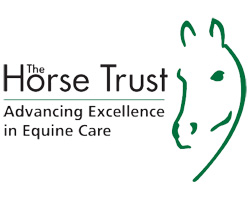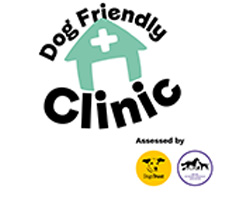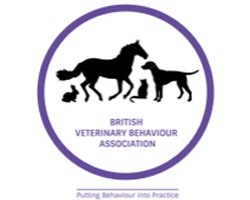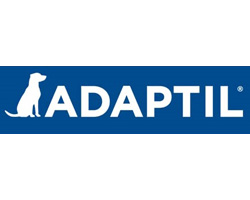Dont miss out – purchase your conference recordings here.
“Lets Communicate” – Intra and Interspecies Interactions
Many Thanks to our Conference sponsors
Itinerary
Ticket Prices
Early Bird (limited)
£45
Student / Member
£65
Non-member
£85

9.30 Welcome
Loni Loftus

9.45 Owner communication for human behaviour change
Tamsin Durston

11.00 Pheromonatherapy – Update on their clinical application and related science
Professor Daniel Mills

12.15 Lunch

13.00 How animals communicate pain
Dr Matt Gurney

14.15 - Communication in street dogs – same-same but different
Dr Heather Bacon

15.30 - Coffee Break

17.00 Conference Close
Loni Loftus
Information
Please select an item from the Itinerary to view more information
Recordings
CPD
Eligible for 7 CEUs (IAABC)

9.30 Welcome
Loni Loftus BSc (Hons) MSc PGAed CCAB – Events Subcommittee Chair, FAB Clinicians
Many Thanks to our conference and topic Sponsors
9.45 Owner communication for human behaviour change
Tamsin Durston RVN, CAB, mAPDT, PTTLS, BA(hons), BSc(hons), MSc
This presentation aims to help you to:
- summarise relevant models of human behaviour change which impact client-communication:
- transtheoretical model of change
- self-determination theory
- self-efficacy and locus of control
- social identity theories
- explain the concept, development, and goals of Motivational Interviewing when communicating with pet owners
- reflect upon the value of applying Motivational Interviewing techniques within clinical animal behaviour counselling
11.00 – Pheromonatherapy – Update on their clinical application and related science
Professor Daniel Mills BVSc PhD CBiol FRSB FHEA CCAB Dip ECAWBM(BM) FRCVS, RCVS and EBVS European Veterinary Specialist in Behavioural Medicine
There is currently active debate concerning the value of pheromonatherapy for the management of problem behaviour, often with both claim and counterclaim referencing the scientific literature. To some extent this reflects personal bias and/or a failure to appreciate the nature of either scientific inquiry and/or the concept of evidence based medicine. In this presentation I will review this debate as it relates to current data on the use of pheromonatherapy within the context of core scientific principles, a psychobiological approach to understanding the nature of problem behaviour and the nature of evidence based medicine. This facilitates the development of a rational basis for practical guidelines relating to when it might be useful or not to recommend pheromonatherapy and other complementary interventions in practice.
12.15 Lunch And Breakout Rooms
13.00 How animals communicate pain
Dr Matt Gurney BVSc CertVA PgCertVBM DipECVAA FRCVS
Understanding how animals communicate pain has enabled the development of validated tools that allow us as veterinary professionals to evaluate pain and monitor the efficacy of our treatments. There have been significant advances in this area in the past 20 years which we will review in this session. Despite these successes, there are still types of pain and certain pain presentations which remain a challenge to us as caregivers.
14.15 Communication in street dogs – same-same but different
Dr Heather Bacon OBE BSc BVSc CertZooMed SFHEA MRCVS
This session will outline the geographical, learned and genetic factors that may influence the behaviour of free-roaming and ‘landrace’ dogs, to provide context for their behaviours.
It will then describe and discuss a range of behaviours that are common in free-roaming or ‘ancient’ dog breeds, with a focus on dog-dog and dog-human interactions. This session will be useful for anyone interested in better-managing dogs, or supporting owners of dogs, from a wide range of geographical backgrounds.








